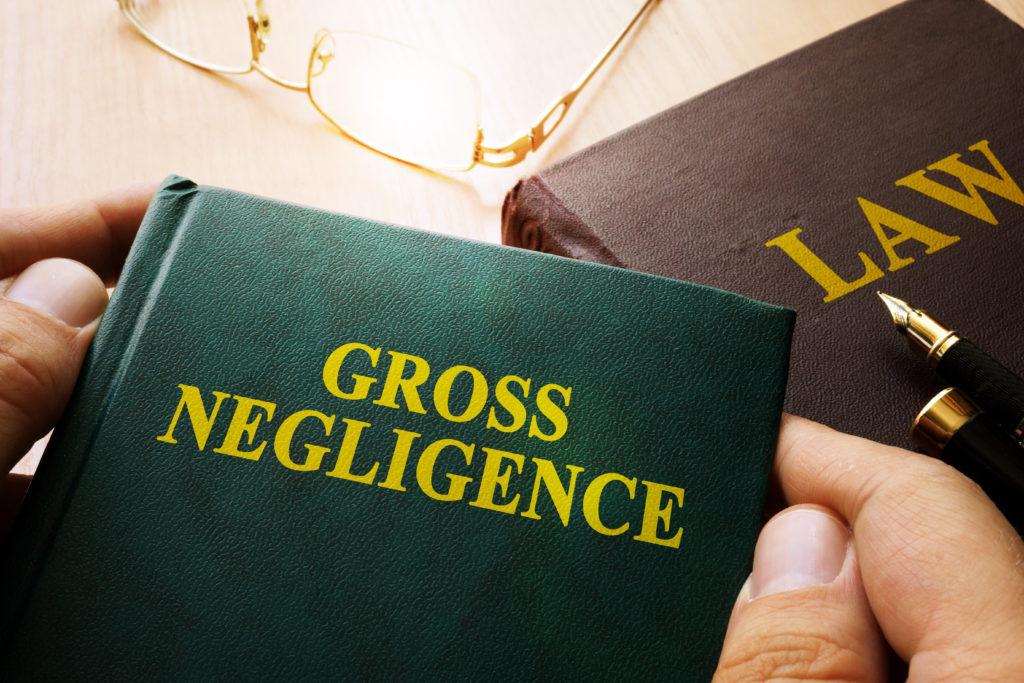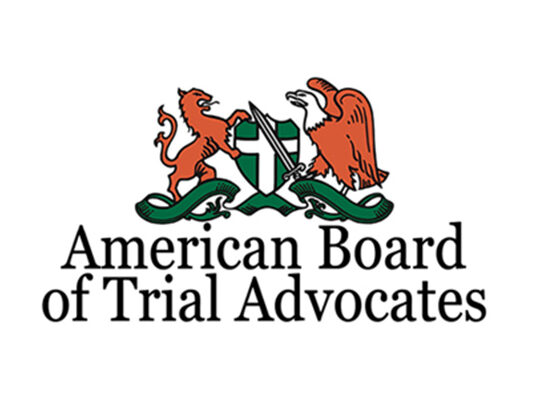Unless you work in the legal field, there’s a good chance that you don’t know the differences between ordinary negligence and gross negligence.
While this isn’t a big deal on a day-to-day basis, it’s something that you need to understand should you find yourself needing to file a personal injury claim.
Why it’s important to know the difference between ordinary and gross negligence
Regardless of the type of personal injury claim you’re filing, the ability to prove negligence is important to obtaining compensation for your damages.
Negligence, as a whole, has two elements:
- Duty of care
- Breach of that duty of care
Duty of care is simple to understand: It is the responsibility that someone has to prevent harm to someone else.
This leads to establishing a breach of duty of care, which means proving that the person who caused the accident acted in a negligent manner.
For example, truckers and truck companies are responsible for properly loading their vehicles to prevent an accident or losing a load on the roadway.
Should the truckers neglect to do so, then they breached their duty of care. Anyone who was injured by the trucker’s breach can seek legal compensation for injuries and other damages.
Ordinary negligence vs. gross negligence in a Florida injury lawsuit
Now, it’s time to learn more about the two types of negligence: Ordinary and gross.
Here’s how USLegal defines each type of negligence.
Ordinary negligence is the failure to act as a reasonably prudent person. It is the failure to exercise such care as the great mass of mankind ordinarily exercises under the same or similar circumstances. Ordinary negligence is the want of exercise of ordinary care.
Gross negligence involves a reckless disregard for the safety of others, and may be the basis for an award of punitive damages, in addition to general and special damages. It typically involves intentional or willful indifference or lack of care. Gross negligence is a failure to use even the slightest degree of care.
The main takeaway is that ordinary negligence refers to careless mistakes, such as changing lanes without using a turn signal. Conversely, gross negligence is a conscious and willful disregard for others, such as drag racing on an interstate.
Examples of ordinary negligence vs. gross negligence in a lawsuit
There can be some gray areas when comparing ordinary and gross negligence, often making it difficult to determine which type was at play in your accident. That’s why it’s critical to consult with an experienced personal injury attorney if you find yourself managing the aftermath of an accident.
Let’s look at three examples to help clear the air:
- A truck driver falls asleep at the wheel as a result of excessive fatigue caused by their job. This could lead to the accusation of ordinary negligence. Conversely, if a trucking company purposefully sets a schedule that’s impossible to meet and a driver crashes trying to meet these impossible deadlines, it’s gross negligence by the company.
- A driver approaching an intersection doesn’t pay attention to the traffic light, thus running through a red light and causing an accident. This is ordinary negligence. But if that same driver speeds up to “make” the light and subsequently crashes into a group of pedestrians, it’s gross negligence.
- A store owner or employee fails to display a “wet floors” sign after a cleaning. This leads to a customer slipping, falling, and suffering an injury. As this was a mistake, it’s considered ordinary negligence.
An injury attorney will determine the type of negligence in your case
It never hurts to know the basic differences between ordinary negligence and gross negligence. This type of knowledge will help you better understand the cause of the accident and the approach your legal team will take.
But even if you have an idea of what type of negligence was involved in your accident, you don’t have to go any deeper than that. Instead, rely on the expertise of an experienced injury attorney to review the circumstances of the accident and determine the best path forward.
Daytona Beach personal injury lawyers are skilled at the art of creating an effective legal strategy that puts you in the best possible position to receive compensation for your injuries and other damages. Contact Zimmet & Zimmet injury attorneys online or give us a call today to schedule your free consultation.











